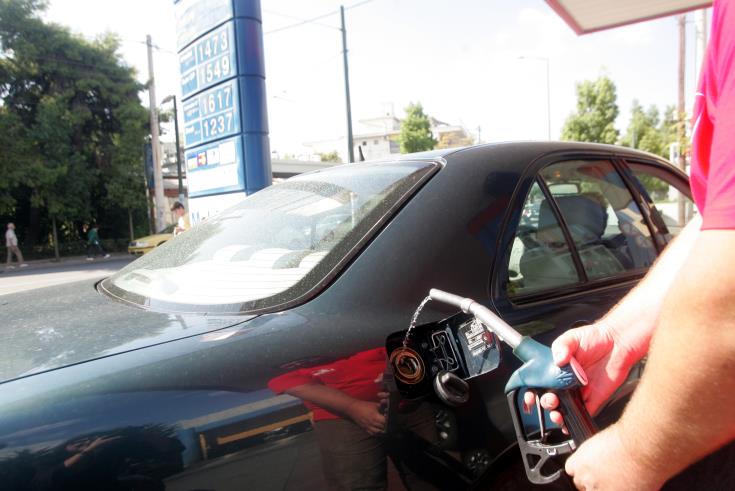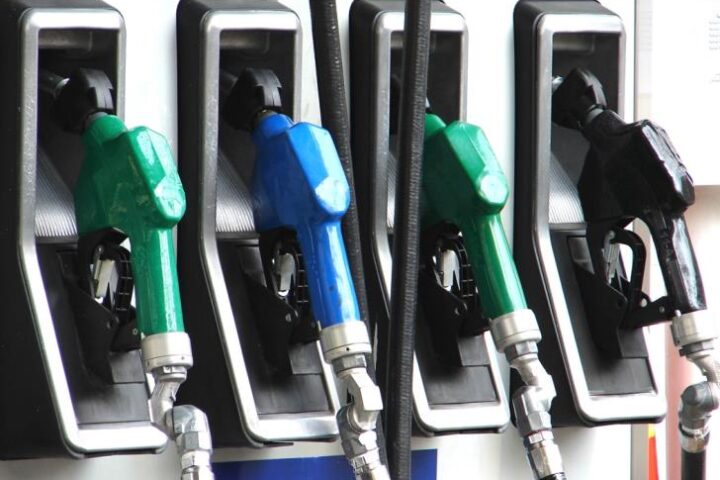Motorists in Cyprus are back to reaching deep into their pockets to fill up their vehicles, following a short-lived respite after the government’s intervention to slash the consumer tax on fuel.
Under public pressure, the decision came into effect last Tuesday, as a response to soaring inflation in recent months, compounded by the war in Ukraine, only to disappear into thin air a few days later.
Last week’s price cut saw diesel and petrol reduced by 7 cents a litre, or 8.3c per litre if including VAT, and a reduction of 6.4c a litre, including VAT, for heating oil.
As a result, the average selling price at petrol pumps for 95 octane petrol was €1.374 a litre and €1.428 for diesel.
However, just three days after the reduction, petrol stations have increased 95 Octane by 7c and diesel by 12c.
On Monday the average price of diesel was 4.3c per litre more expensive than last Tuesday by, heating oil is up 6.4c, while 95 octane petrol is cheaper by 3.6c a litre.
According to the Finance Ministry’s fuel price observatory, the average prices of the main petroleum products are now €1.408 for every litre of 95 octane petrol, €1.544 for diesel and €1.091 for heating oil.
Smaller price cut
Meanwhile, the Cyprus Consumers’ Association has been firing at petrol station owners, saying that the real reduction imposed last week was smaller than the fuel tax reduction decided by the government.
Specifically, last Tuesday, while the excise tax decreased by 8.33c a litre, 95 octane petrol decreased by only 7.1c and diesel by 7.5c. Correspondingly, heating oil fell by 5.8c per litre, instead of the 6.4c tax cut.
With fuel prices remaining at high levels and considering Cyprus’ heavy dependency on petrol products, this justifies a greater intervention by the government sad the consumer watchdog.
“The government should reach out to the EU, in order to get the green light for further reducing VAT on petrol products. Cypriots are almost exclusively dependent on their private vehicle in the absence of alternative public transport,” said Marios Drousiotis, head of the association.
This is due to the over reliance on cars as a means of transportation and the reduced interest in alternative means of transport, at least by locals.
He added that Cypriots are also paying an additional 10c a litre more than their fellow EU citizens for biofuels introduced to the mix.
“Biofuels were introduced in an attempt for Cyprus to meet its EU energy target of covering 10% of its energy needs for transport from RES” he explained.
In recent days, the price of Brent crude has plunged 12.5% closing at $112 a barrel on Sunday.
The price of Brent had peaked at $140 last Monday, to drop back to 105.6 by Friday, down 17%. The reduction comes after reports that the United Arab Emirates would suggest to OPEC an increase in production.










